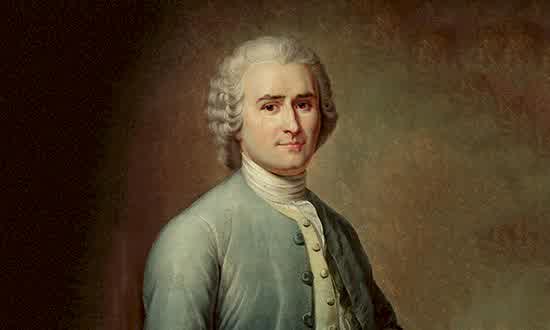Disclaimer
This post is nothing special, just scattered thoughts and a consequence of some empirical experiences and/or anecdotal evidence gathered over these years.
With that disclaimer made, I wanted to discuss the question:
- Why are we equal?
- And how different are we?
I do not intend to discuss gender or legal equality[1][2], but rather a psychological and social issue where the difference is often imperceptible to the eyes, or hidden due to each person's introspection.
Different, yet equal?
There is a dichotomy in the discourse about whether we are the same or different. So much so that many studies and mappings have been created over time trying to categorize and classify people (psychological profile and personality tests).
These categories are flawed, they fit you into certain categories, but never fully reflect the entire context of your self. Thus, we can reach the conclusion that we are different (but this conclusion usually takes time, and many may be fooled by the illusion that they fit exactly into that categorization). However, there is a problem: despite being different, many times (and these categorizations also lead us to this) it seems we have the same tastes, attitudes, and ideas.
So, maybe we are not so different after all?
Difference is inherent, but society molds us to be the same
The whole idea for writing this post came up this past weekend, when my family and I participated in an apraxia meeting ("a communication disorder characterized by an inability to program the muscle movements necessary for the production and sequencing of phonemes"[3]), where children and adolescents with the same difficulty (and some other type of comorbidity that may cause apraxia[4]) were there with their families to share experiences, forming a support network (people from various parts of Brazil came to the meeting, roughly around 80 families).
Since each child has their own difficulty (and as with other comorbidities, you might hear the term spectrum), it is possible to notice the inherent differences in each one. Some have such particular difficulties that hinder their insertion into society, requiring greater support from family and friends.
At that moment it becomes clear, as it is extremely transparent that we are different. We are born different, genetically, we may look alike, but each one has unique characteristics (active or inactive genes).
There is the famous phrase by Rousseau, "man is born good, society corrupts him", and I believe it applies to this context, somewhat modified: "man is born different, society makes him the same".

Man is born different, society makes him the same
I don't know if it is possible to deny the above statement, if so, please correct me. The reason I affirm this is because it is clear that from a young age we are conditioned to certain socially acceptable behaviors (and here I mean very small things), to dress in a certain way, and so on. Even later in adult life, we continue to be undermined to become average, not to stray too far from society's context.
It is a constant dichotomy: we want innovation, we want people to be different, but at the same time, we standardize everything, produce the same items, the same formats. It is interesting to note that when differences do exist, they often show up negatively.
Not long ago, I saw a post on another blog where the author precisely addressed this subject, how society molds us to be the same in terms of what we consume and think. This is even a criticism of capitalism, since to obtain maximum profit, we must have the maximum number of standardized and identical products, avoiding excessive variability so we can sell more and have lower production costs.
One example given in that publication was how, over time, cars have been shaped to be the same (or almost the same), with few customization options.
Be different
Therefore, in the end, be open to the possibility of being different, because I believe the difference that exists is important, and the mediocrity society imposes on us is just a block to reaching greater potential.
Cultivate difference, because it is innate to us. Our experiences, the more different they are, will probably open more paths for thoughts and reflections in future moments, where we may face some difficulty.
References:
[1]: All men are created equal
[2]: Are We All Equal?
[3]: Acquired and developmental speech apraxia: similarities and differences
